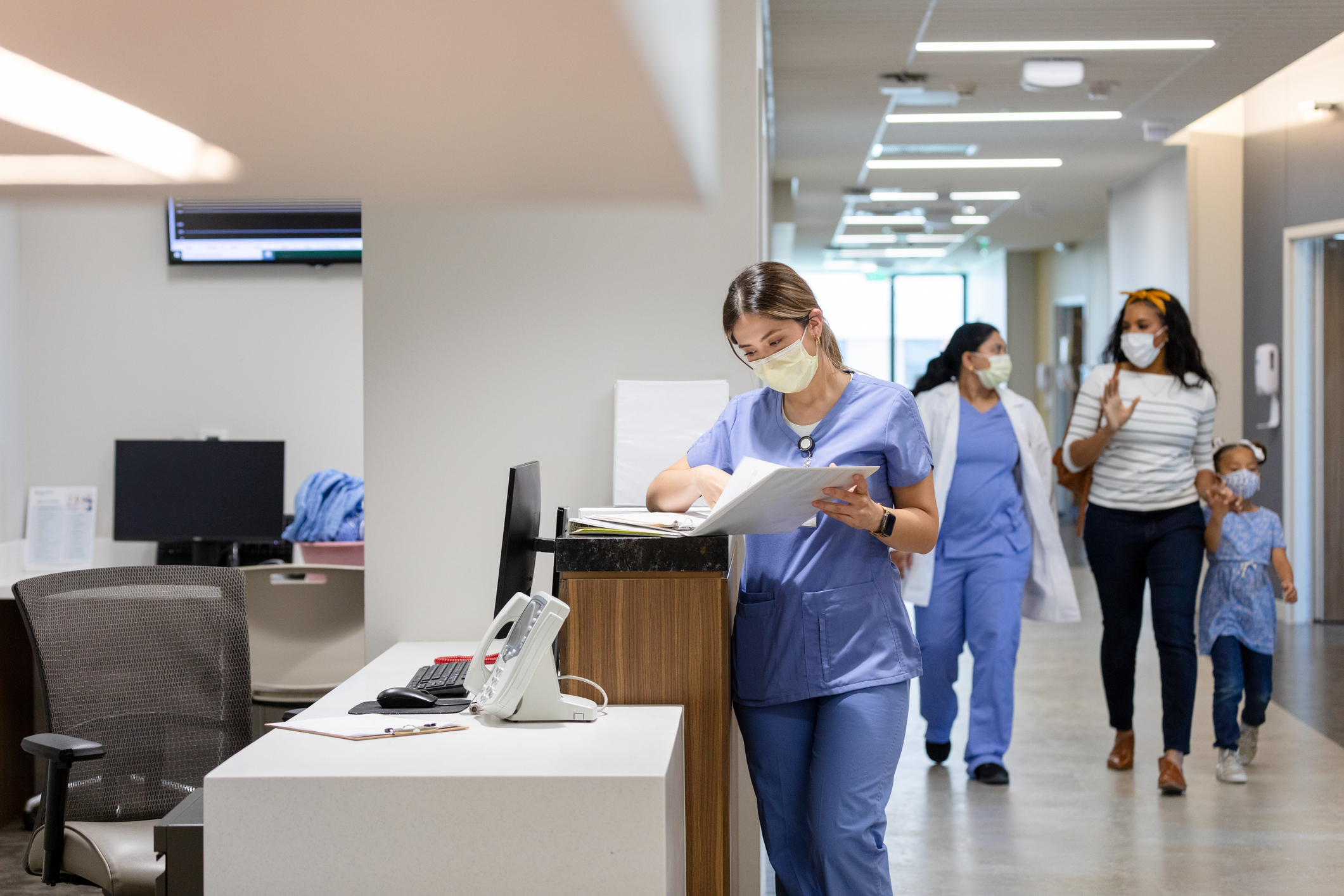St. Charles Cancer Center’s new breast surgeon, Dr. Caitlyn Truong, brings to Central Oregon a passion for breast health, fellowship training at Stanford University, and a comprehensive, compassionate approach to patient care.
Truong – who is also the new medical director of St. Charles’ breast cancer care program – comes to the health system from the Centura Health system in Colorado, where she practiced for the past nine years. Though initially trained as a general surgeon, she now specializes in a wide range of breast health care and treatments, ranging from benign conditions to breast cancer.
“Our breast cancer program is so fortunate to add Dr. Truong as our breast surgeon and medical director of breast cancer care,” said Dr. Linyee Chang, clinical division director of St. Charles Cancer Services. “We have already benefited from her thoughtful contributions to strategic development, and I am confident she will provide the leadership to elevate our breast cancer program.”
Truong has wanted to pursue a career in cancer treatment for most of her life, she said.
“I became interested in the field after one of my cousins passed away from cancer when we were kids,” she said. “From that moment on, I knew I wanted to do something in oncology.”
At first, she planned to go into pediatrics, but then she found her calling in surgery.
“I really liked the surgical aspect of (when) you see a problem, you’re able to act on it,” she said.
Born and raised in the Bay Area of California, Truong attended medical school at the University of California San Diego. During her general surgery residency at Loma Linda University School of Medicine, she mentored under a breast surgeon who inspired her to focus on breast surgery.
“I spent more time with breast patients and really fell in love with breast health and what we can afford to give them,” she said. “I'm trained as a general surgeon, but since I specialize, I don't do any other surgeries. Breast health and breast surgery is my passion.”
In Colorado, Truong helped build up the breast surgery program at several of Centura Health’s 15 campuses, increasing accessibility to breast care in the area. She strongly encourages shared decision-making between provider and patient, with an emphasis on promoting health, fitness and improved quality of life.
She also can’t wait to get outside and enjoy some of Central Oregon’s beautiful trail runs.
“I’m so excited to be here,” Truong said, “not only for the opportunity to live in such a vibrant place, but also to serve this community and to give people the compassionate care they need in what can be a worrisome time.”





